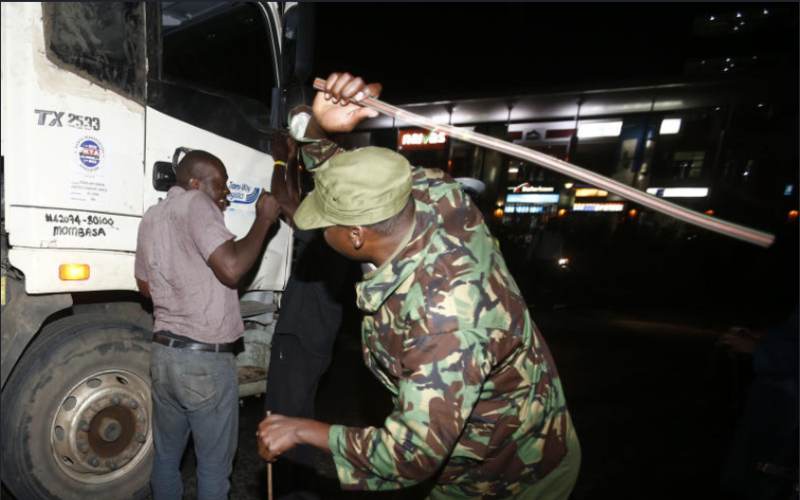
Part of the Kenyan struggle for good governance, equality and fairness has been steeped in the idea and principle that every person must be treated with dignity and that they are entitled to certain fundamental rights and freedoms.
Before the idea was codified in the Universal Declaration of Human Rights (UDHR) in 1948, claims to rights and freedoms tended to emanate from one’s membership to a group. Property ownership, inheritance, marriage rights, criminal sanctions and commerce depended on a person’s belonging to a race, nationality, religion, caste, tribe, ethnic group and even gender.